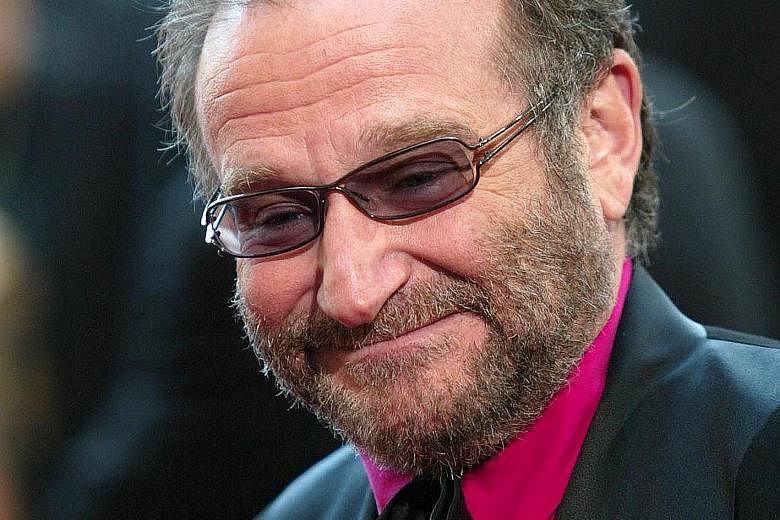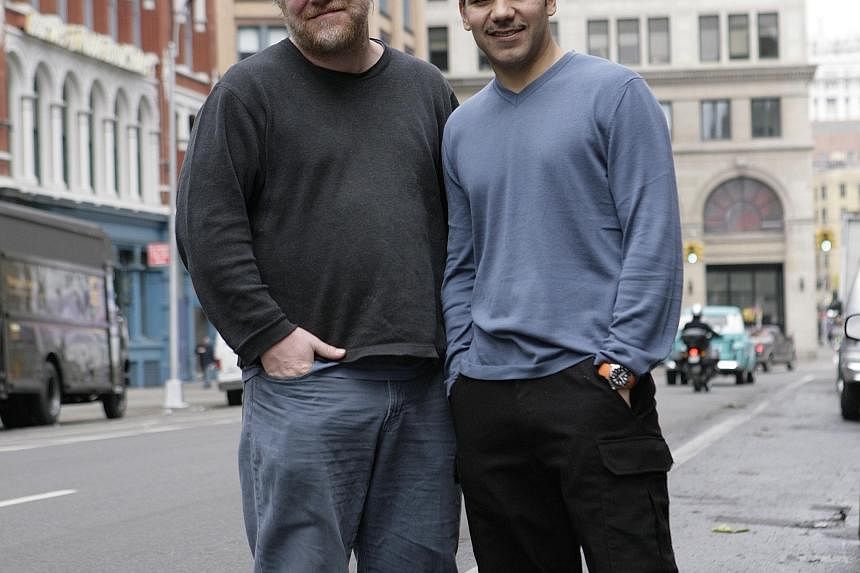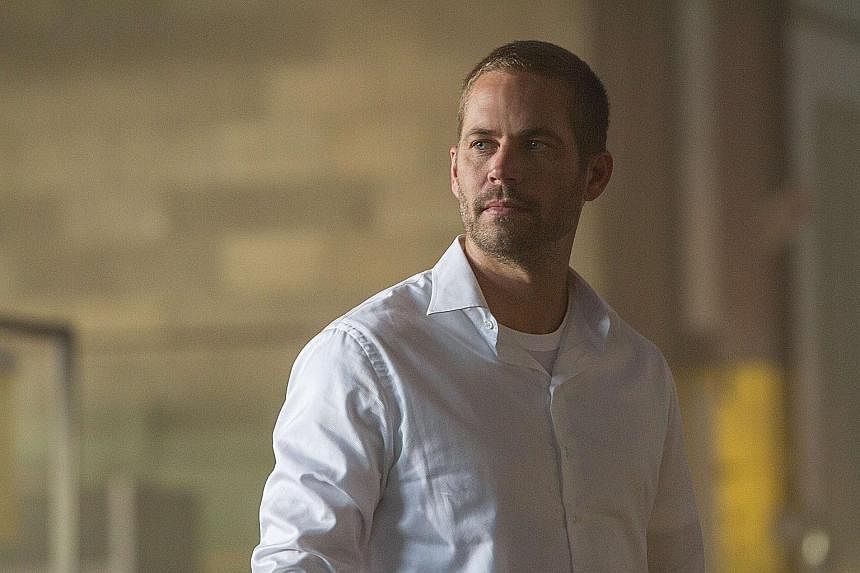The final film starring Robin Williams, Absolutely Anything, arrived in British theatres over the weekend.
The late actor lends his voice to a dog named Dennis, which in the film is granted the ability to speak by his owner, who in turn receives unlimited powers from aliens. Those aliens are considering destroying Earth. Things get pretty ridiculous from there.
Williams, who died in August last year, will probably not win a posthumous Academy Award for this role.
A trailer suggests that his first line is: "Biscuits!"
The film does not exactly look like a blockbuster in the making. There is not even a United States release date yet.
Still, it is not hard to imagine that people passionate about Williams will pay to watch Absolutely Anything, if only to experience his antic humour in a cinema one last time.
The idea of a posthumous film, known at the time of release to be a performer's swan song, poses an interesting question for box-office observers: Do these rare films get a boost because they offer a last chance?
Bloomberg looked at the career box-office returns of 10 actors with parts in films released after their deaths to see if such works outperform expectations.
For the most part, such films do not do very well at the box office. Nearly three-quarters of them in Bloomberg's sample failed to earn at least US$25 million (S$35 million) in the US and Canada.
Half the actors gave their last performance in the film whose box-office results rank last in their entire career, a finding that would seem to undercut the notion that final films get a funerary boost.
There are reasons why a posthumously released film may fail to perform. A celebrity out of the limelight may lose his or her cachet as a box-office draw.
A small-budget film done later in a career may get only sparse distribution. Perhaps most importantly, the vast majority of all films are flops.
Last year, for example, only 102 of the 699 movies released domestically made more than US$25 million in the US and Canada. That is fairly consistent with the recent past and actually a little worse than the posthumously released movies in the sample.
The five films in our sample that were blockbusters, pulling in US$100 million or more, all shared something in common: They were sequels.
It makes sense that series instalments would account for at least some of the most lucrative posthumously released films: Hollywood leans heavily on franchises. That they account for all of posthumously released blockbusters in the sample may have something to do with how the producers of big-budget sequels cope with the death of a highprofile actor during production.
When Paul Walker was killed in a car crash before finishing his scenes in Furious 7, Universal Pictures kept him in the movie and filed an insurance claim of about US$50 million to cover the cost of reshoots and digital effects.
When Philip Seymour Hoffman died before shooting all of The Hunger Games: Mockingjay - Part 1, his character remained in the film and his leftover lines were redistributed among other actors.
Both films were among the highest-grossing of those actors' careers.
Although a successful theatrical run is generally a sign of a happy audience, it is hardly a guarantee of critical praise.
A look at the scores on Rotten Tomatoes, a film-review aggregation website, for the films in the sample found that 13 of the 18 posthumously released films had ratings of more than 50 per cent, which means that more than half of the critics had given the film a positive review.
Absolutely Anything has a Rotten Tomatoes critics' score of 14 per cent. Variety called it "a clunky sci-fi satire set to bomb abroad before it reaches US theatres".
On the other hand, of the more than 1,000 Rotten Tomatoes users who have rated the film before its release, 96 per cent said they wanted to see it.
BLOOMBERG



